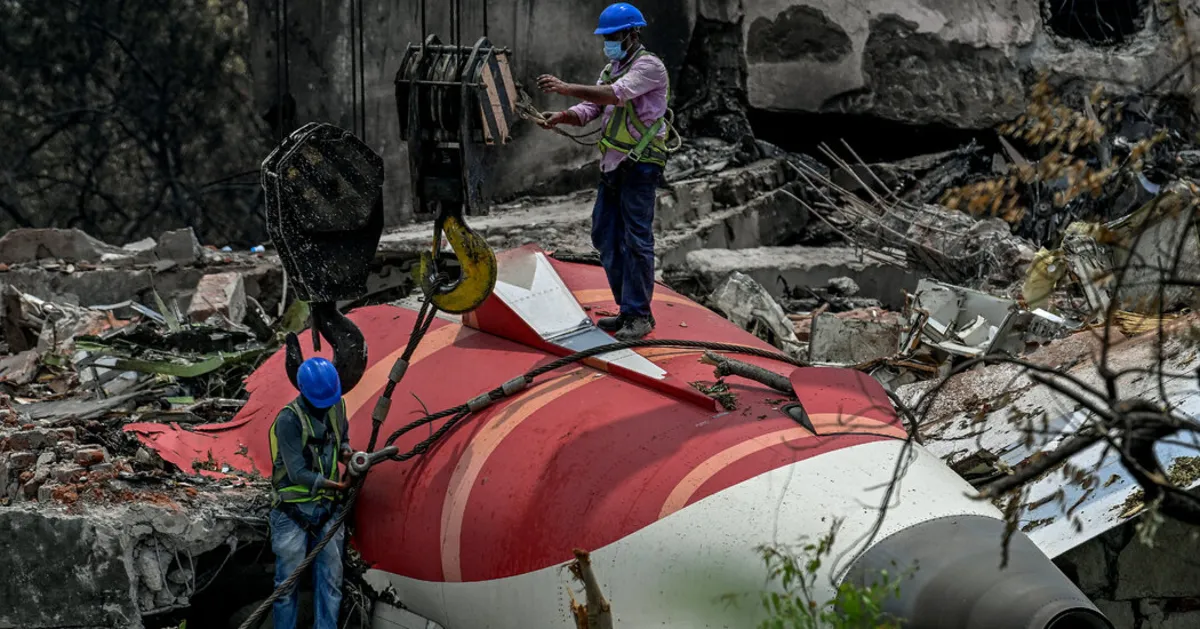
Regulators from India and South Korea have initiated inspections of fuel control switches on Boeing airplanes this week, prompted by a recent report concerning a tragic crash involving Air India. This investigation revealed that the aircraft's fuel supply had been unexpectedly cut off, raising urgent safety concerns.
In a related move, Singapore Airlines, along with its low-cost subsidiary, Scoot, announced on Tuesday that they have completed thorough inspections of the fuel control switches on their Boeing aircraft. This proactive measure underscores the growing apprehension surrounding the safety of these critical components.
The preliminary investigation into the crash of Flight 171, which occurred in June, was released on Saturday. While the report did not draw definitive conclusions regarding the cause of the accident or assign blame, it notably ruled out mechanical failure and design flaws. Instead, the focus has shifted to the fuel control switches on the Boeing 787 involved in the incident.
One of the most alarming findings from the report indicated that both fuel control switches on the ill-fated jet were found to have been turned off just seconds after takeoff. Each switch is designed with a locking mechanism intended to prevent accidental movement, leading aviation experts to suggest that it is improbable they were altered without human intervention.
The report from Indian investigators, alongside the inspection orders, referenced an advisory issued by the Federal Aviation Administration (FAA) in 2018. The advisory recommended that carriers operating Boeing models, including the 787, conduct inspections of the locking mechanisms of the fuel control switches to ensure they are safeguarded against unintentional adjustments.
According to the preliminary report, Air India had not performed the recommended inspections, as they were not classified as mandatory. The authors of the report indicated that the FAA had not regarded the issues surrounding the locking feature as critical enough to be deemed unsafe. This raises important questions about compliance with safety measures within the airline industry.
As investigations continue and further inspections are carried out, the aviation community is urged to prioritize the safety of aircraft systems to prevent future tragedies. The situation highlights the importance of adherence to safety protocols and the need for rigorous inspections of aircraft components.